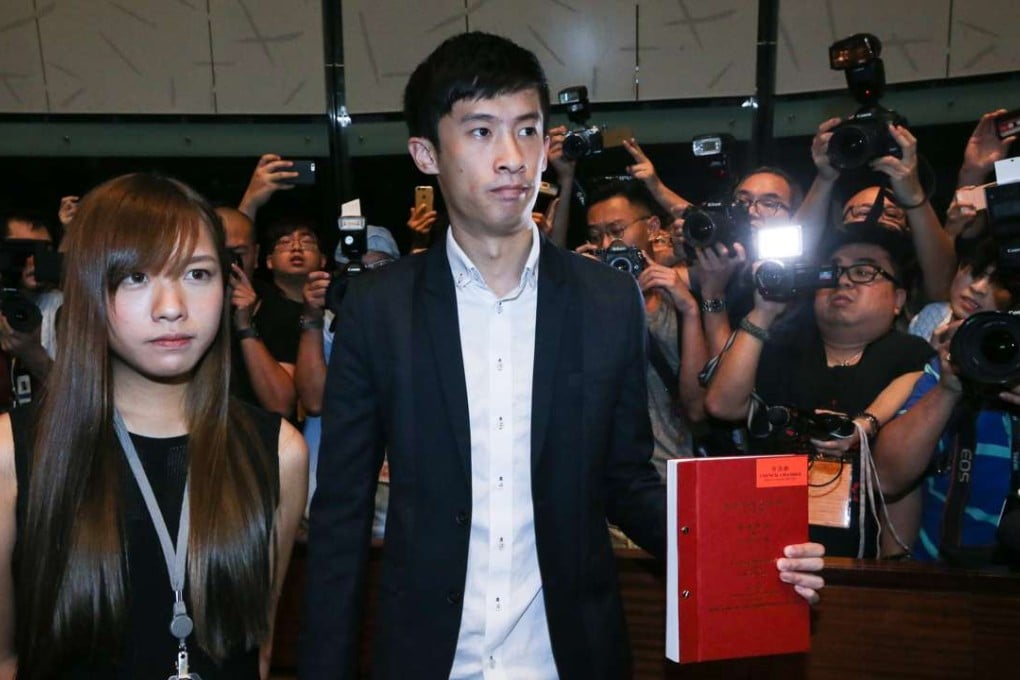Back To The Future | The C-word: why Hong Kong localists have offended all Chinese
Through much of its history ‘Chee-na’ was a neutral expression, but its association with Japanese aggression turned it into a taboo

A few days after Hong Kong localists Sixtus “Baggio” Leung Chung-hang and Yau Wai-ching called China “Chee-na” during their swearing-in ceremony as the city’s newly elected legislators, Leung went on radio to defend himself.
First, he tried to pin it to his “accent”. When the radio host pointed out that he seemed to have no problem pronouncing China properly on other occasions, Leung admitted that he did use the word “Chee-na”. But he shrugged it off as nothing important or offensive.
Angry crowd demands Youngspiration oath pair quit Hong Kong Legco
“In the oath, it doesn’t mention any specific person… I don’t know how we could have offended anyone,” Leung said. He then went on to say that even Sun Yat-sen, the founding father of modern China, used the term at some point in his writing.

To understand why so many people, including those who don’t like the central government in Beijing, feel offended by Leung and Yau’s antics, some historical perspective is needed.
The Chinese word 支那 [Chee-na] first appeared in the Buddhist scriptures of the Tang dynasty (6th century). It is believed to be the phonetic translation of the ancient Sanskrit word “cina”. Some see this as the origin of the English word “China”, but there is no conclusive evidence to support that.
